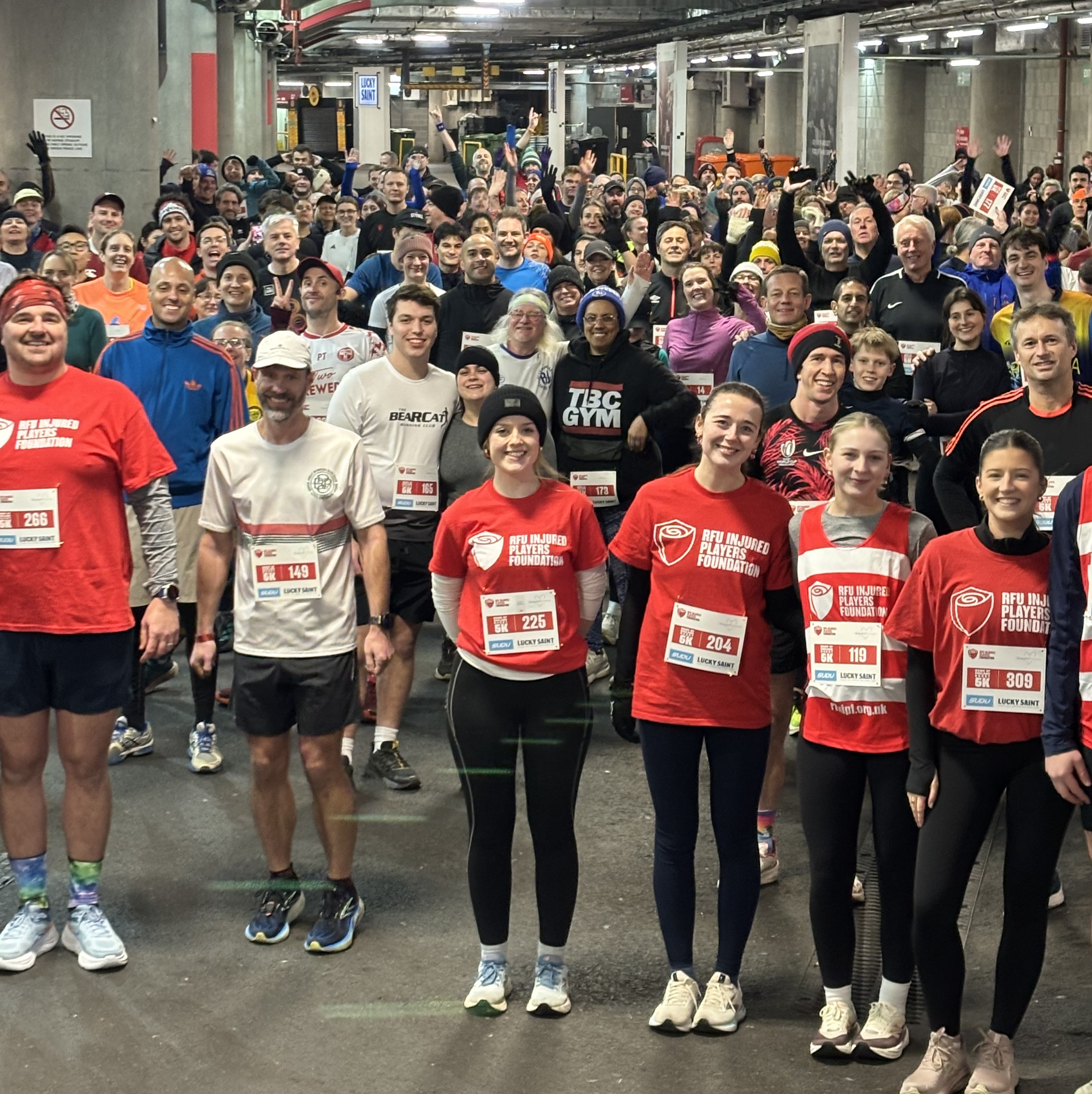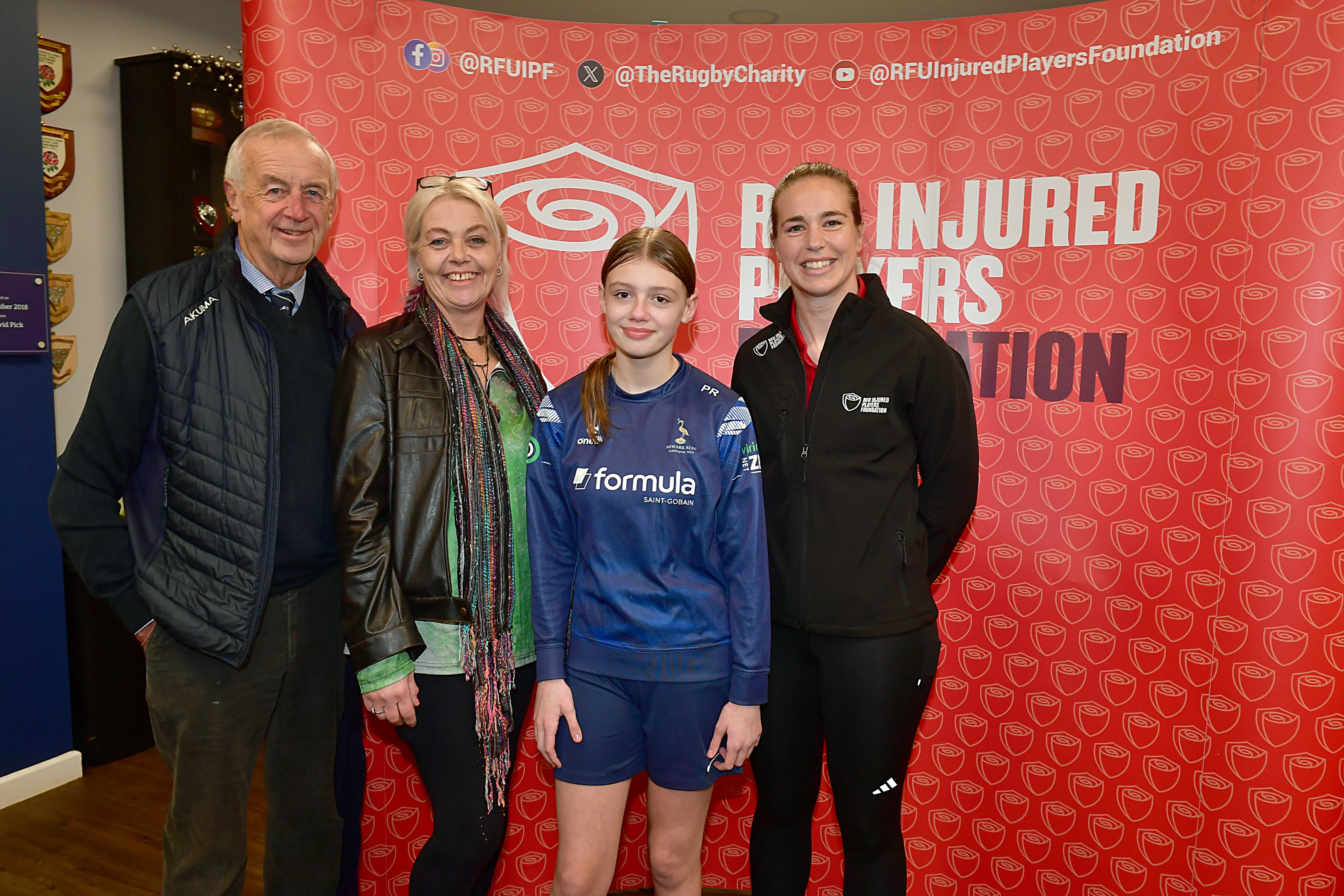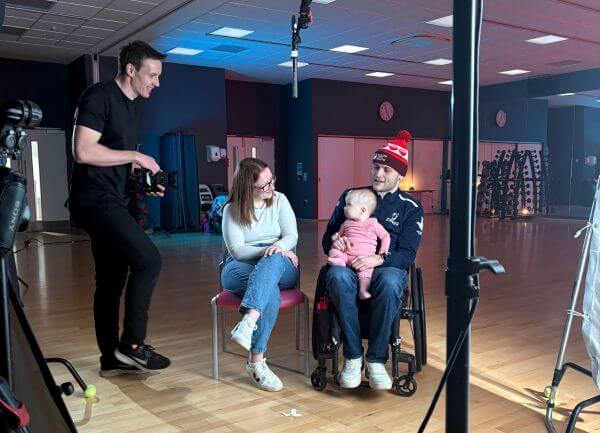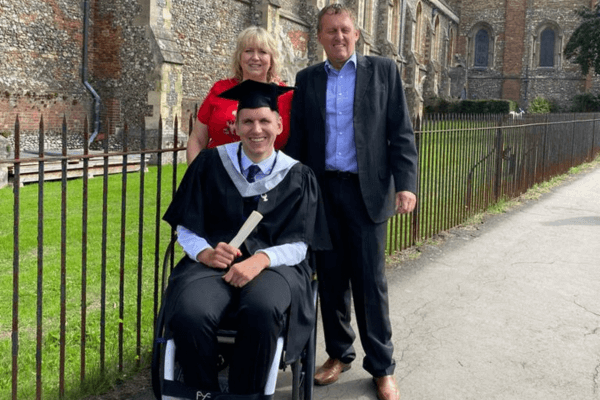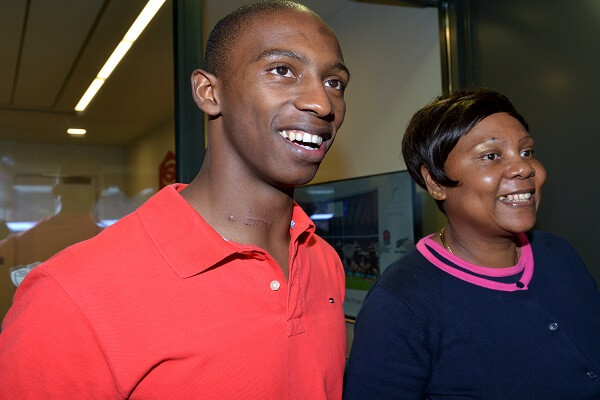Leading charity Spinal Research is driving a major new initiative aimed at unlocking the UK’s potential for cutting edge research into spinal cord injury.
The Spinal Cord Injury Clinical Research Network was formally launched this month and brings together clinicians, academics, researchers and potential funders across the UK.
It aims to catalyse and coordinate research activity and create a worldclass clinical trials network testing potential new treatments and therapies for those paralysed after a spinal cord injury.
As part of its three-year funded partnership with the RFU Injured Players Foundation, which supports players who are catastrophically injured while playing rugby union in England, Spinal Research is now able to introduce a dedicated Clinical Research Network Manager and establish the formal structures needed to drive its work.
The partnership with the IPF also enables investment into neuromodulation studies with the aim to bring meaningful change to the standard of care in both hospital and community settings.
Dr Ram Hariharan, a spinal injuries consultant at the Princess Royal spinal injuries centre in Sheffield, has been coordinating network activities in recent years and is CRN Chair. He said: “There has been a real lack of collaborative research in this area in the UK.
“With a formal research network in place, we hope to raise awareness and increase collaboration - not only between the 12 Spinal Injury Centres but also Trauma Centres, academics, researchers, and most importantly, those living with spinal cord injuries.
“The aim is to create a platform which will make it much easier and attractive to do, and participate in, quality research in the UK as well as contributing to multi-centre studies nationally and then internationally.
“Thanks to the support from Spinal Research, my hope is there’ll be more collaborative work between academic researchers and all SCI rehabilitation centres nationally and internationally and that we’ll be able to generate more evidence-based data from the UK.”
Every four hours someone in the UK is paralysed after a spinal cord injury with around 60,000 people living daily with the devastating consequences. This includes the loss of bladder, bowel and sexual functions which have a huge impact on quality of life, health and dignity.
Spinal Research is the UK’s leading charity funding medical research around the world to develop effective treatments for paralysis caused by a spinal cord injury.
It has channelled funding from the IPF to appoint Shajia Shahid, who has an extensive background in neuroscience and neurophysiology, as the new Clinical Research Network Manager.
Her role is to coordinate and foster collaboration between universities, NHS networks, neuro rehabilitation centres and spinal units collaborating with UK funding agencies and commercial partners.
Harvey Sihota, Chief Vision Officer for Spinal Research, said: “As the R&D landscape becomes more complex and interconnected, we must create a collaborative ecosystem that will bring together charities, academia, healthcare and industry to deliver meaningful treatments and technologies as quickly as possible.
“We’re excited to have Shajia onboard to take on this incredibly important role. The UK has incredible potential for clinical research, and it is our hope that Shajia will be able to develop the
network so that it can, through collaboration and coordination, deliver the very best outcomes for our community.”
Karen Hood, IPF Director added: “A key focus for us as a Foundation is to invest in research to learn how the lives of people with spinal cord or traumatic brain injuries can be improved.
“We’re pleased that our work with Spinal Research is delivering real change in this area and we are able to contribute to this innovative network. We are confident the work will result in new data and insight, which we can use to inform and further improve our support programs for our clients moving forwards.”
ENDS
Photo: Shajia Shahid who has been appointed Clinical Research Network Manager at Spinal Research
Released on behalf of Spinal Research by d’Arcy PR. For more information contact Kim d’Arcy – This email address is being protected from spambots. You need JavaScript enabled to view it. or call 07802 400494
Notes to Editors:
- Every 4 hours someone in the UK is paralysed after a spinal cord injury. It can happen to anyone at any time.
- Spinal Research is the UK’s leading charity funding medical research around the world to develop effective treatments for paralysis caused by a spinal cord injury.
- Our vision is to beat paralysis.
- Today we are finally at the stage where exciting function restoring therapeutics are being tested in human trials which offer real hope that curing paralysis will be the medical breakthrough of the 21st century.
- Our research will also advance treatments for other neurological conditions such as Multiple Sclerosis, Parkinson’s, Motor Neurone Disease, Strokes and Dementia.
The RFU Injured Players Foundation:
Further information about the work of the charity and IPF clients’ stories can be found at rfuipf.org.uk The RFU Injured Players Foundation Registered Charity no. is 1122139.
The RFU Injured Players Foundation (IPF) is the official charity of England Rugby. It is an independent charity which has the RFU as its sole member. The charity supports players who have sustained a catastrophic spinal cord or traumatic brain injury while playing rugby union in England.
The IPF Board of Trustees is available to view here. The Board is entirely voluntary and is made up of a diverse mix of medical professionals, injured players, rugby volunteers and administrators. The team is built to reflect the needs of IPF clients today and into the future. It brings together those who know the game, those who have expertise in injury and rehabilitation, and those with first-hand experience of injury, to ensure the support it offers to IPF clients will continue to be the best it can possibly be.



